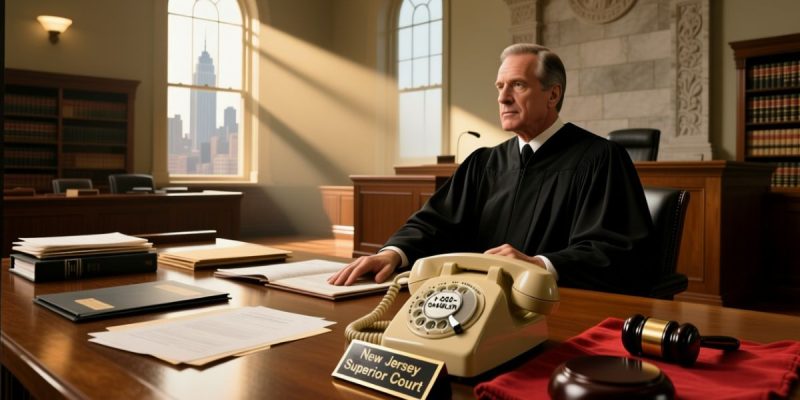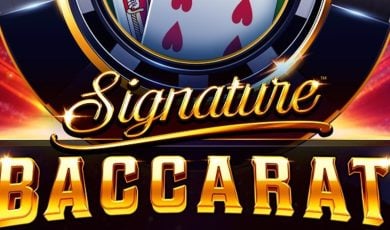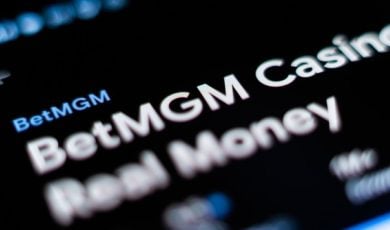The New Jersey Superior Court on Monday ruled that the Council on Compulsive Gambling of New Jersey (CCGNJ) will regain full control of the 1-800-GAMBLER helpline for problem gambling.
The nonprofit has operated the helpline since 1983. In 2022, it entered a six-year agreement with the National Council on Problem Gambling (NCPG) to manage the line jointly.
Under the deal, CCGNJ retained ownership of the helpline, while NCPG oversaw nationwide operations. The contract required renewal after three years, with the deadline set for May 2025. That deadline sparked the current dispute.
1-800-GAMBLER contract dispute sparks court fight
The two organizations clashed over the helpline’s future. CCGNJ also accused NCPG of disconnecting callers from states that declined to participate in its national program, an allegation NCPG denied.
On July 9, NCPG requested mediation under the contract, but CCGNJ rejected it. Luis Del Orbe, executive director of CCGNJ, said he offered a new lease before the deadline, but NCPG declined and did not signal intent to renew.
The NCPG argued it needed a temporary restraining order to avoid “irreparable harm … and critical loss of health services to individuals who need them.” A Mercer County judge agreed, issuing a temporary restraining order (TRO) granting NCPG control until Aug. 26.
Judge restores responsible gambling helpline to CCGNJ
In a press release, CCGNJ said the judge ultimately ruled that NCPG “failed to present sufficient legal argument or evidence to support its claim to continue using the helpline under its control.” The court restored control and operations to CCGNJ.
NCPG vowed to appeal. “NCPG will aggressively pursue all appellate options concerning today’s decision and is in the process of filing an emergency motion asking the New Jersey Appellate Division to enter a stay to maintain the status quo for helpline operations while the appeal is considered,” the organization said.
Groups clash over responsible gambling services
NCPG argued the ruling jeopardizes access to responsible gambling resources. “It cannot be overstated that the loss of access to problem gambling resources via 1-800-GAMBLER, even temporarily, could have life-or-death consequences for individuals in crisis,” a spokesperson said.
According to a PlayNJ news post, Del Orbe countered that CCGNJ has decades of experience running the helpline.
“Services will not be compromised, and the public can have every confidence that the helpline will continue to provide vital services and resources to anyone struggling with a gambling problem,” he said.
He added: “We remain committed to providing a safe, accessible and confidential helpline,” Del Orbe said. “We thank the court for recognizing the importance of protecting our brand and this vital service. CCGNJ will continue supporting problem gamblers, promoting responsible gambling, and advocating for the well-being of families affected.”









